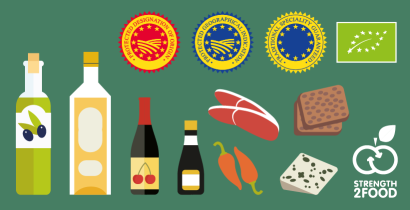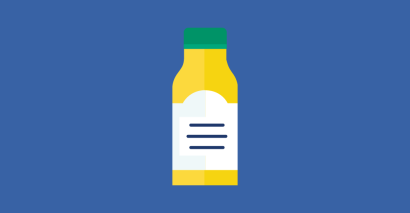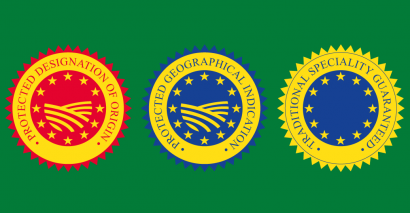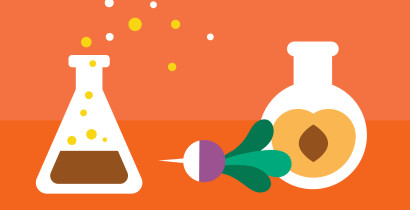Claims and symbols
Health claims and symbols on food labels identify additional health or nutritional benefits of food products. Nutrition claims state a positive effect due to the food’s nutrients, e.g., ‘reduced fat’, whereas a health claim states a connection between an ingredient and health, e.g., ‘contains calcium which is necessary for bone growth’.
EU Food Quality Schemes (Infographic)
27 May 2021In the EU there are a number of food quality schemes in place to protect the names of specific products and to promote their unique characteristics and the traditional know-how involved in their manufacture. The corresponding labels identify products as authentic, of high quality, compliant with stringent safety standards and of course, uniquely European. This infographic explains the main food quality labels: Protected Designation of Origin (PDO), Protected Geographical Indication (PGI), Traditional speciality guaranteed (TSG) and the EU organic logo.
Are health and nutrition claims influencing organic consumers?
07 September 2013In recent years, both functional food and organic food products have become increasingly popular, not least due to the health benefits, or perceived health benefits, associated with them. Studies, however, have also shown that food...
Quality logos in the European Union
02 January 2013In Europe certain agricultural products and foodstuffs are labelled with an EU origin and quality logo. This logo indicates that the foodstuff exhibits special characteristics derived from the geographical location in which it is produced...
Scientific substantiation: A key ingredient for functional foods and health claims
03 August 2003“Functional food” has become a buzzword in the food world and its market share is predicted to grow substantially in the coming years. A lot of people believe that functional foods are those for which health claims can be made...
New claims for soya
03 July 2000Based on scientific evidence from more than fifty independent studies, the US Food and Drug Administration (FDA) is now allowing manufacturers of foods that have a minimum of 6.25g of soy protein per serving, to claim on the pack of a food or drink product that “25 g of soy protein a day, as part of a diet low in saturated fat and cholesterol, may reduce the risk of heart disease”.




